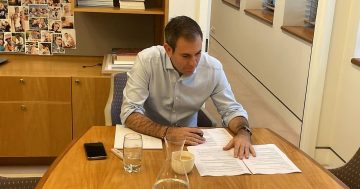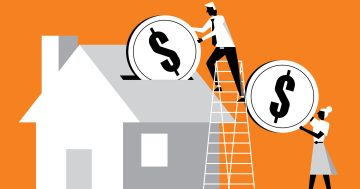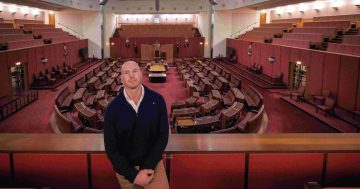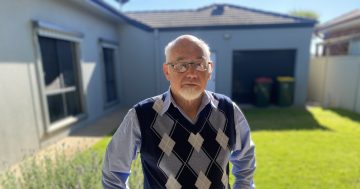David Gray* of StatePlus says property investment is a desirable option for many investors and exaines whether the risk to your cash flow is worth it as you near retirement.
 While buying your family home is a lifestyle decision, buying an investment property is a financial one.
While buying your family home is a lifestyle decision, buying an investment property is a financial one.
Done well, investing in property can generate cash flow in retirement, provide you with tax benefits, and eventually help you realise future capital gains.
When deciding whether to invest in property, you should first compare it to investments you could make in alternative assets such as direct shares or your superannuation, to check if numbers stack up for you.
Positive and negative gearing tax implications in retirement
Positively geared properties, also known as ‘cash-flow’ properties generate more income than the cost of ongoing ownership.
While they do generate additional income for you to fund your retirement lifestyle, you will need to pay tax on that income.
Negatively geared properties on the other hand have been popular by investors for the potential to reduce taxable income.
However in retirement, you may not get the tax benefits of negative gearing you expect.
The potential tax benefits vary depending on how you receive your pension in retirement: through an account- based pension versus a defined benefit pension.
Negative Gearing and Account Based Pensions
Over the age of 60 years, tax is not payable on income from account-based pensions, therefore your taxable income is likely very low and there is no tax benefit from negative gearing.
In this case, you may continue to incur losses that you will have to subsidise from your retirement income.
If you receive income from additional taxable sources, negative gearing may provide some tax benefit.
Negative Gearing and Defined benefit pensions
Depending on your defined benefit scheme your income may be taxable or tax free.
If your defined benefit pension is tax free after 60 years old (such as SASS and SSS schemes in NSW), just as for account-based pensions, if it is your main source of income there may be no tax benefit from negative gearing.
If your defined benefit pension is taxable (such as Commonwealth schemes and some state schemes) tax is payable on income received.
If this applies to you, negative gearing can be a tax benefit and reduce the tax you pay.
Return on property
Once you factor in the upfront and ongoing costs of property investing, it often results in a lower than expected investment return.
Acquiring an investment property requires the payment of upfront sunk costs, such as stamp duty and legal fees.
The ongoing costs of ownership include mortgage repayments, land rates, strata fees, maintenance costs and management fees.
All of these ongoing costs affect your cash flow in retirement.
When the Reserve Bank of Australia eventually raises interest rates from the current historically low interest rates, this will further affect your cash flow if you still have a mortgage.
When choosing to invest in property, which can be a low yielding investment, you should consider the opportunity cost of potentially higher income from other investment classes.
Ongoing management effort
Managing investment properties can require more ongoing effort than other asset classes, even with the help of a property agent.
The ongoing management of maintenance and tenants can cause stress and reduce your enjoyment in retirement. Maintenance, repairs and vacancy periods are unpredictable and can also affect your cash flow.
Property is an illiquid asset
Unexpected expenditures inevitably arise in retirement. In such cases, you may choose to convert some of your investments to cash.
With liquid assets like shares you can quickly sell part or all of your investment to acquire funds.
With an illiquid asset like property you can’t sell part of it (you can’t just sell the kitchen or one bedroom) and you can’t sell it quickly to convert it to cash.
If you need to sell quickly you forgo the stamp duty spent and you may not realise the real value of the property.
Capital gains can be significant, but it typically requires holding property for the long term.
Is property the right investment strategy for you?
Investing in a property, if done well and all factors considered can suit many peoples’ objectives in retirement.
However you need to consider whether an illiquid asset such as property will be of benefit to you in your retirement, and how it may impact the enjoyment of your retirement days.
A financial planner can help answer that for you personally.
Take the next step
With the right help, planning for your retirement is easier than you think. For more expert tips, visit the StatePlus website at this PS News link.
* David Gray is a registered financial adviser with StatePlus and can be contacted at [email protected]
StatePlus, formerly State Super Financial Services, is one of Australia’s leading providers of financial planning. Since 1990, our retirement experts have provided life-changing financial advice to public sector employees and their families. With a StatePlus planner by your side, you can feel confident about reaching your financial goals to live the retirement you really want.
This is general information only and does not take into account your personal objectives, financial situation or needs. It is important to seek financial and taxation advice that takes into account your personal objectives, financial situation and needs before making any decisions based on this information.











